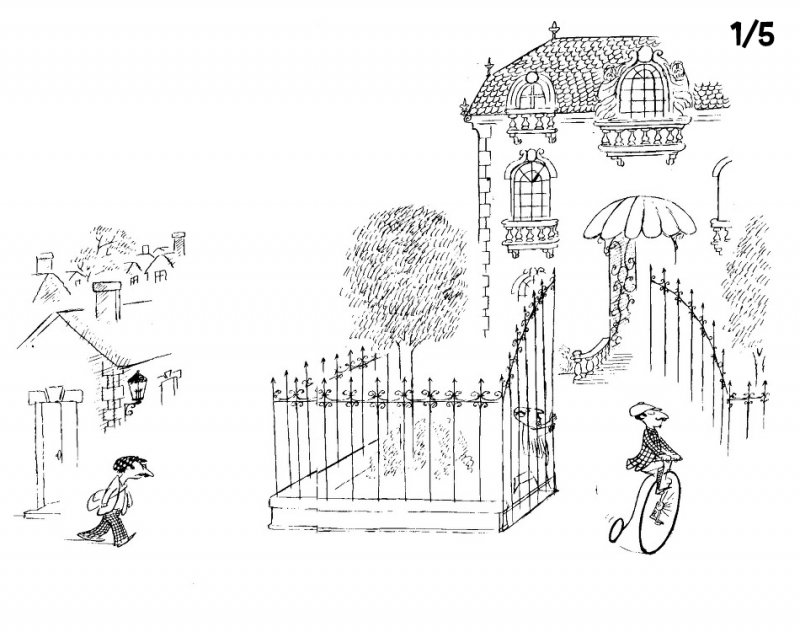
Phase 5. Note that this cartoon is from 1962, and already foresaw that, in the city, bicycles would end up being faster than cars. 

• • •
Missing some Tweet in this thread? You can try to
force a refresh



















